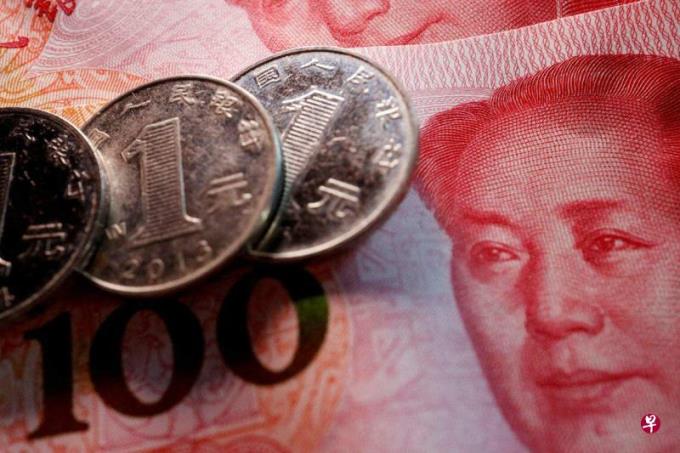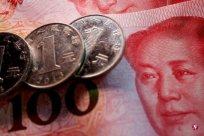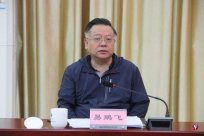
According to the data published by the People's Bank of China, in July RMBThe increase in loans has decreased to a new low in 14 years, reflecting that despite the continuous interest rate cut of the People's Bank of China, domestic demand is still weak, and the pressure of shrinkage has intensified.
Comprehensive Xinhua News Agency, Reuters, Bloomberg and other reports, the People's Bank of China announced on Friday (August 11) that China's RMB loan in July increased by 345.9 billion yuan (RMB, the same below, about S $ 64.6 billion), An increase of 349.8 billion yuan year -on -year, a month -on -month decrease of 89%, the lowest level since the end of 2009, and is far lower than the increase of 780 billion yuan expected by Bloomberg analysts.
As a broad credit indicator, the increase in social financing in July was 528.2 billion yuan, which was 270.3 billion yuan less than the same period last year, which was far lower than expected.A year -on -year increase of 8.9%; the year -on -year growth rate of the broader currency supply (M2) slowed to 10.7%, the minimum growth rate since 2017.
In June, RMB loans increased by 3.05 trillion yuan. The increase in social financing was 4.22 trillion yuan. At the end of the month, the stock of social financing increased by 9%year -on -year, and M2 increased by 11.3%year -on -year.Compared with the previous value, the four major credit data in July fell across the board, especially the new loans and social finance increasing increases fell.
Data also shows that due to the deepening of the debt crisis in the real estate industry, household loans (mainly mortgage loans) in July decreased by 200.7 billion yuan, which was far lower than the increase in June.2.28 trillion yuan in June fell to 237.8 billion yuan.
Reuters said that due to seasonality, the total loan in China usually fell in July, but the large decline still surprised the experts.Just a few days before the announcement of the above credit data, China officially announced that the consumer price index (CPI) and industrial producers' factory price index (PPI) were simultaneously contracted and import and export data declined, which increased the Chinese government's introduction of more powerful stimulus measurespressure.
The People's Bank of China will be used as the open market operation as a short -term policy interest rate in June this year. The seven -day reverse repurchase interest rate will be reduced by 10 basis points to 1.9%. This is the first time that the central bank has lowered the relevant interest rate in 10 months.However, Bloomberg said that the sluggish credit data in July showed that the interest rate cut this time was not enough to boost economic confidence.
Kiyong Seong, chief Asian macroeconomic strategist of the French Industrial Bank, said that the data is "very disappointing" to prove the vulnerable state of China's economic recovery.He also predicts that the possibility of further relaxing monetary policy in the near future is significantly rising.
Capital Economics, the London Economic Research Agency in the United Kingdom, also believes that the policy interest rate of the People's Bank of China will continue to be reduced as soon as Tuesday (15th).It will also increase significantly.
Soon after the data was announced, the offshore RMB expanded on Friday, which once fell 0.2%to $ 1 to 7.2558 yuan, the lowest level since July 7.




